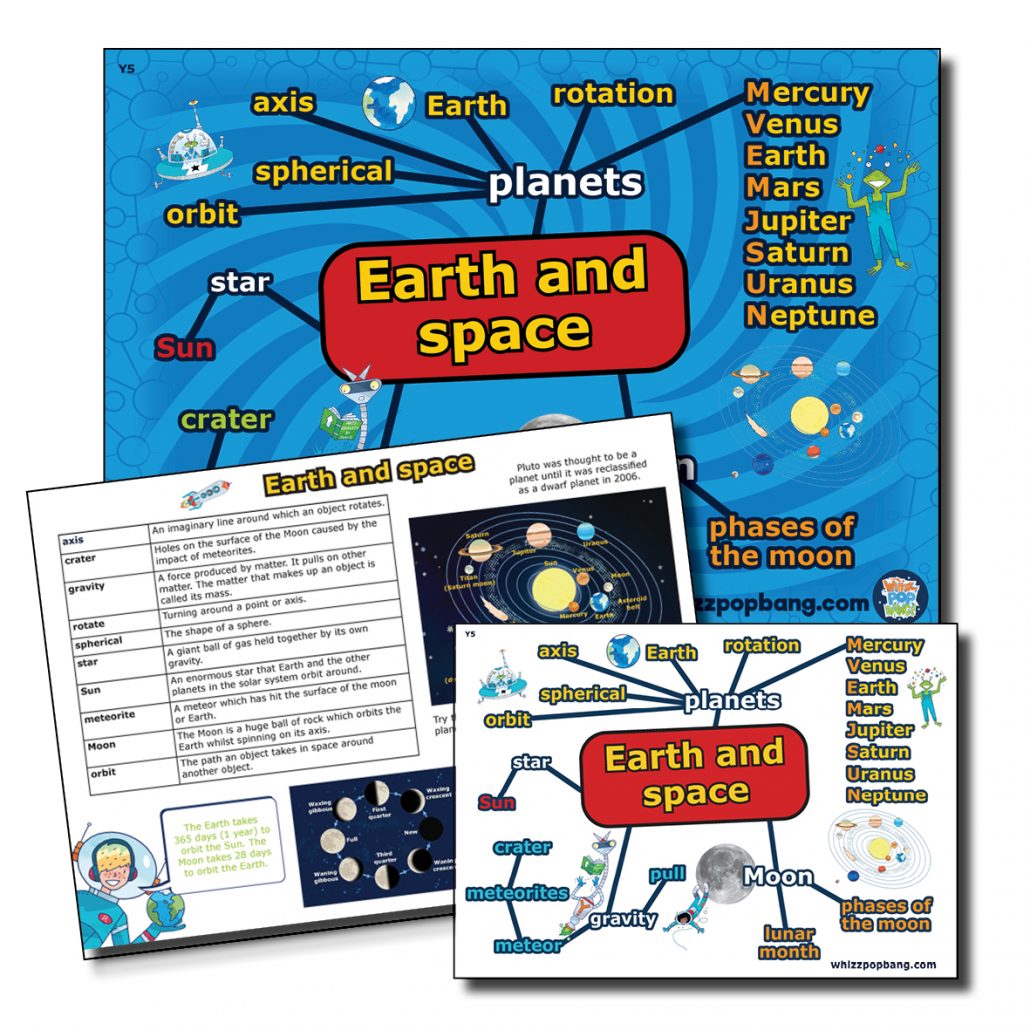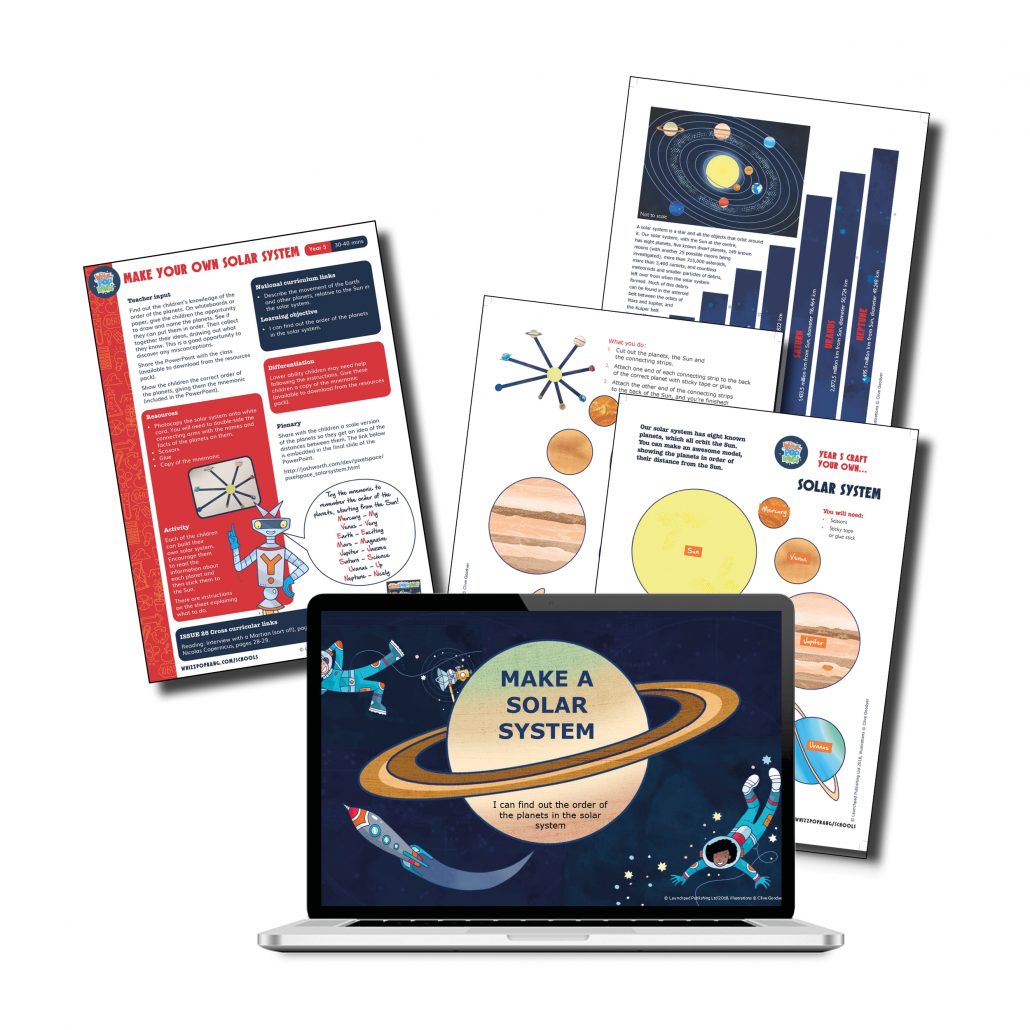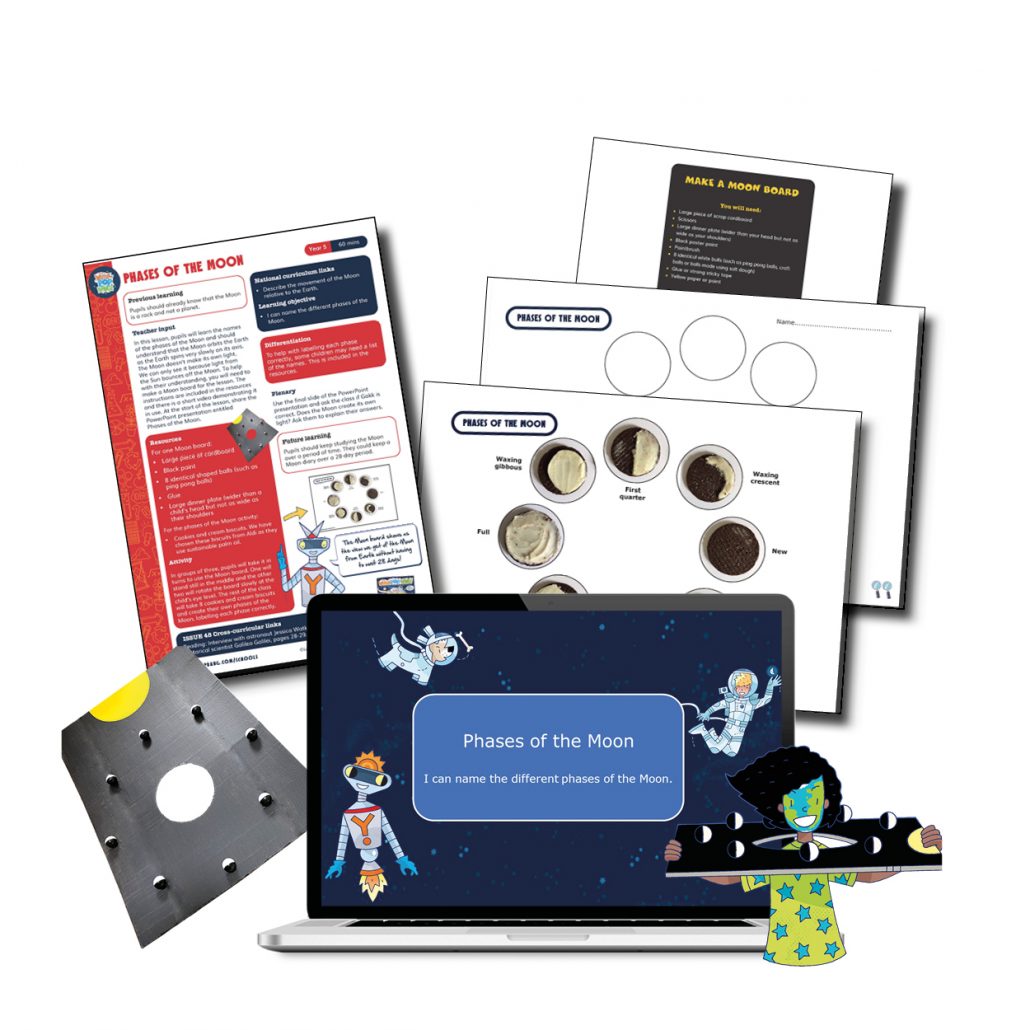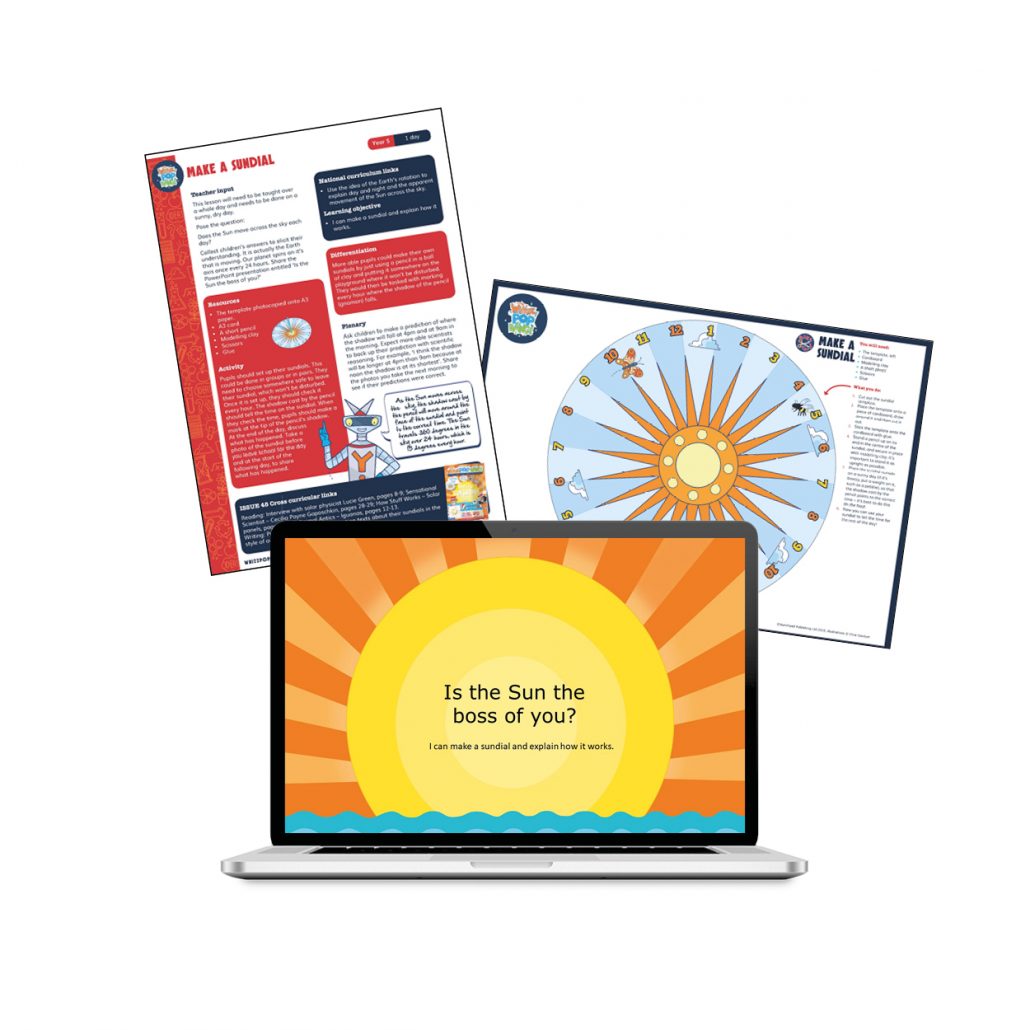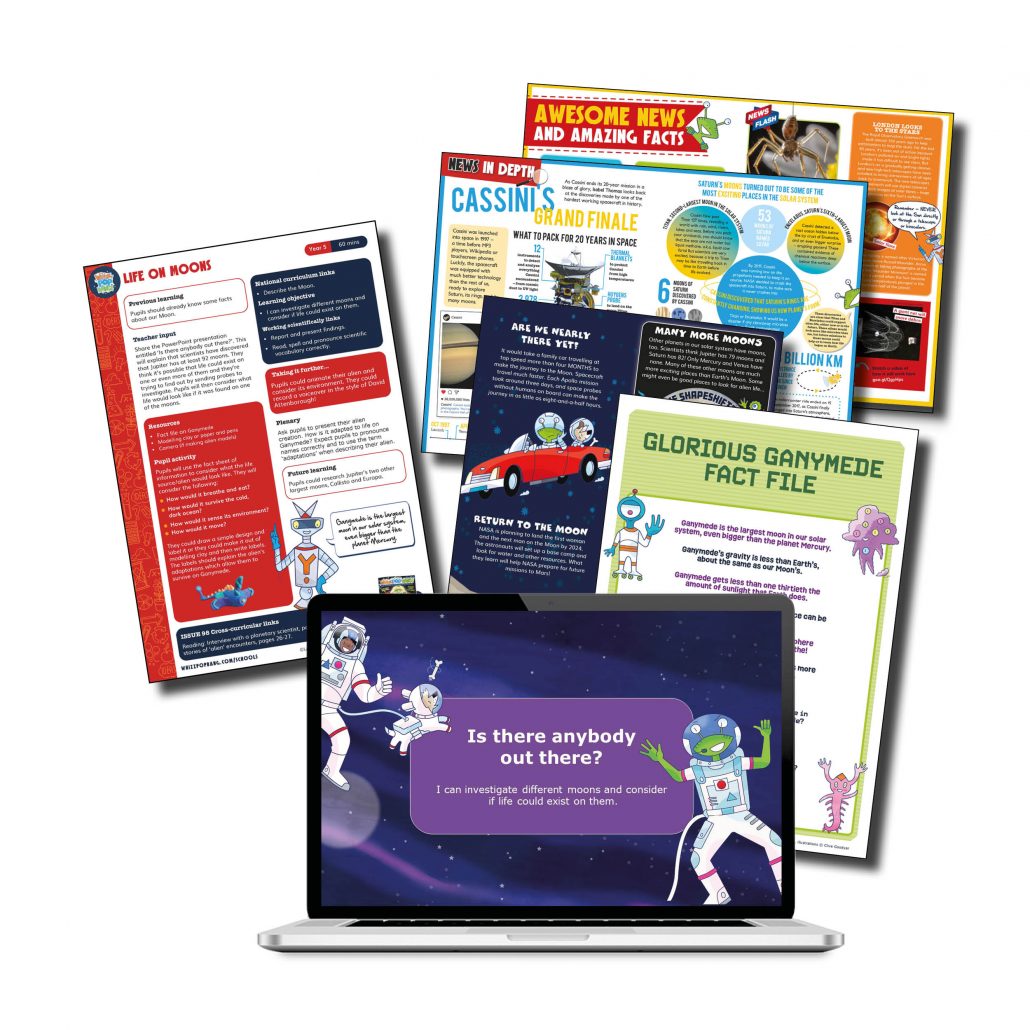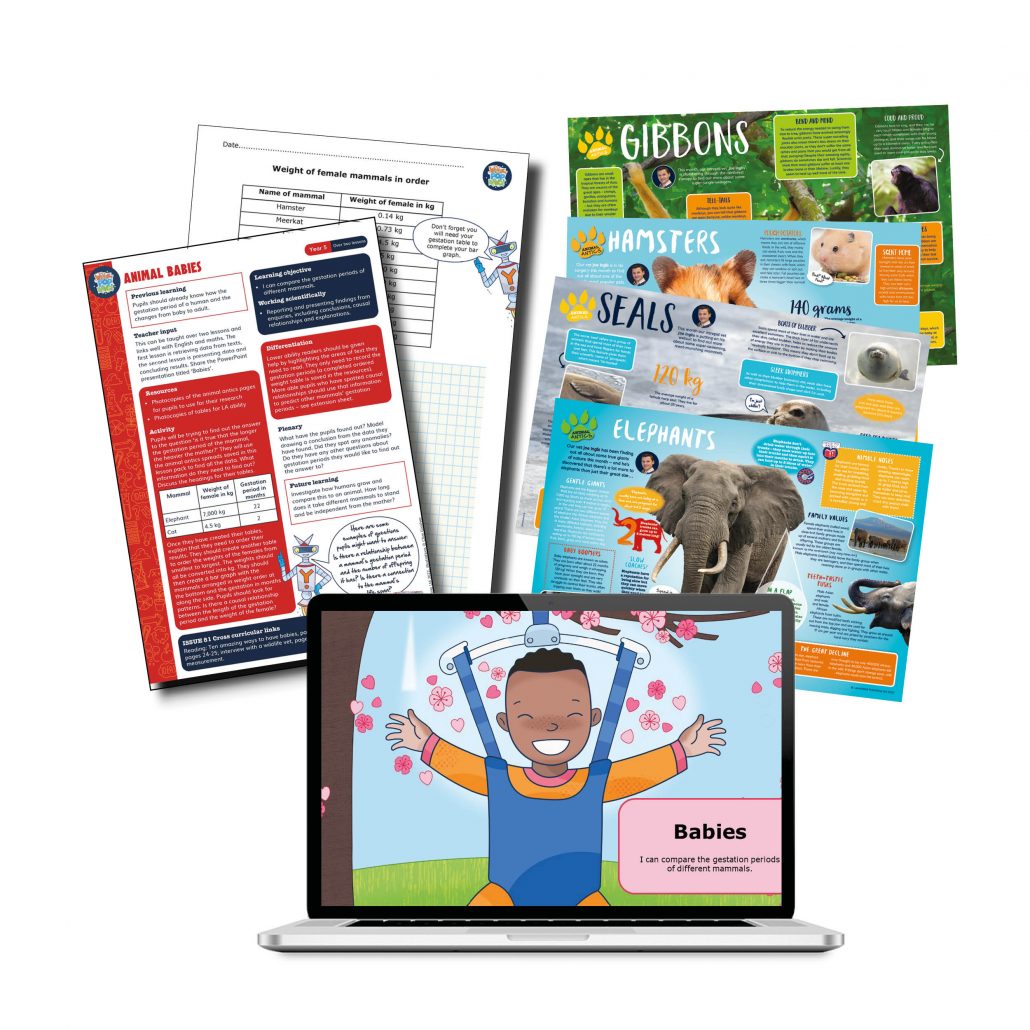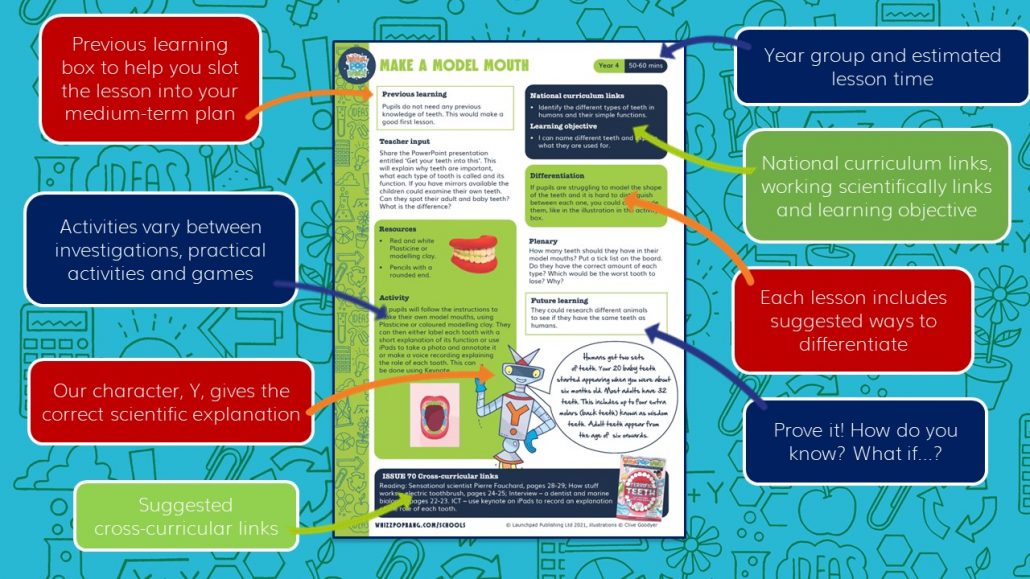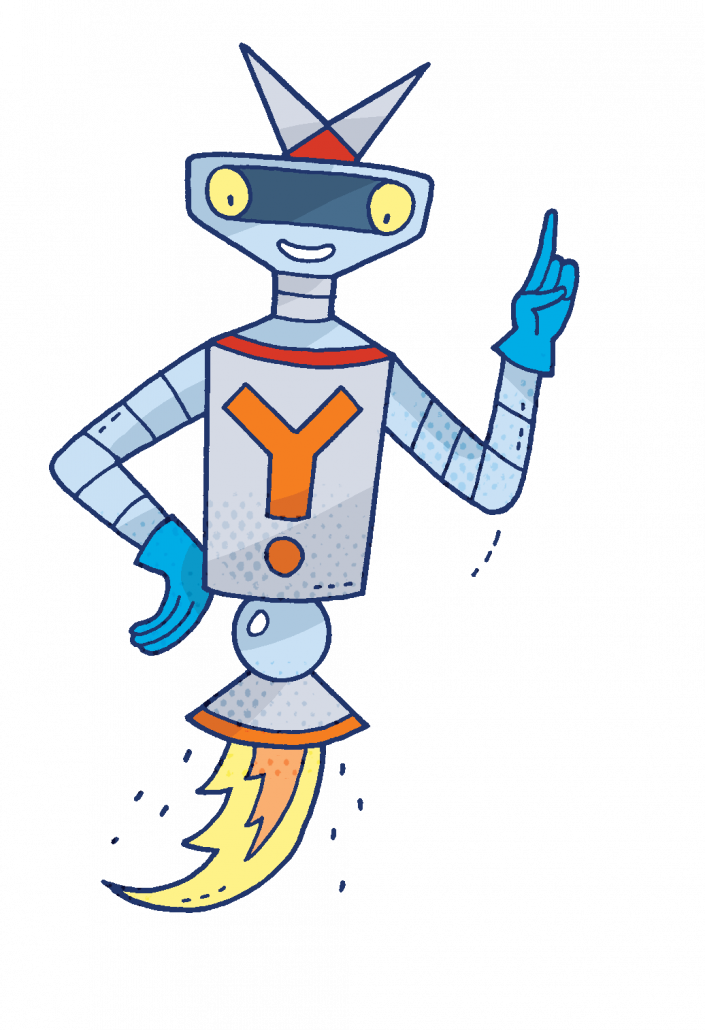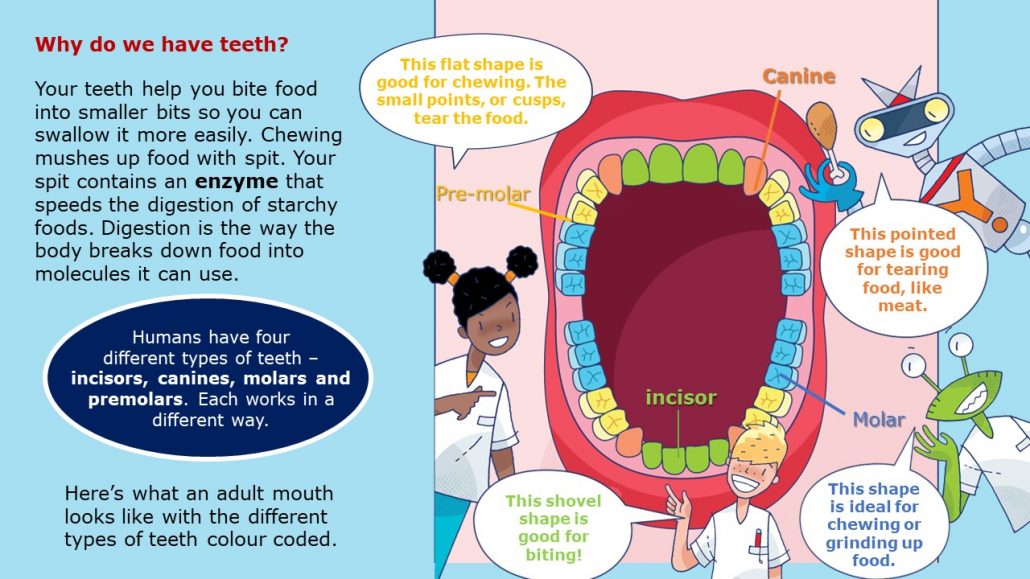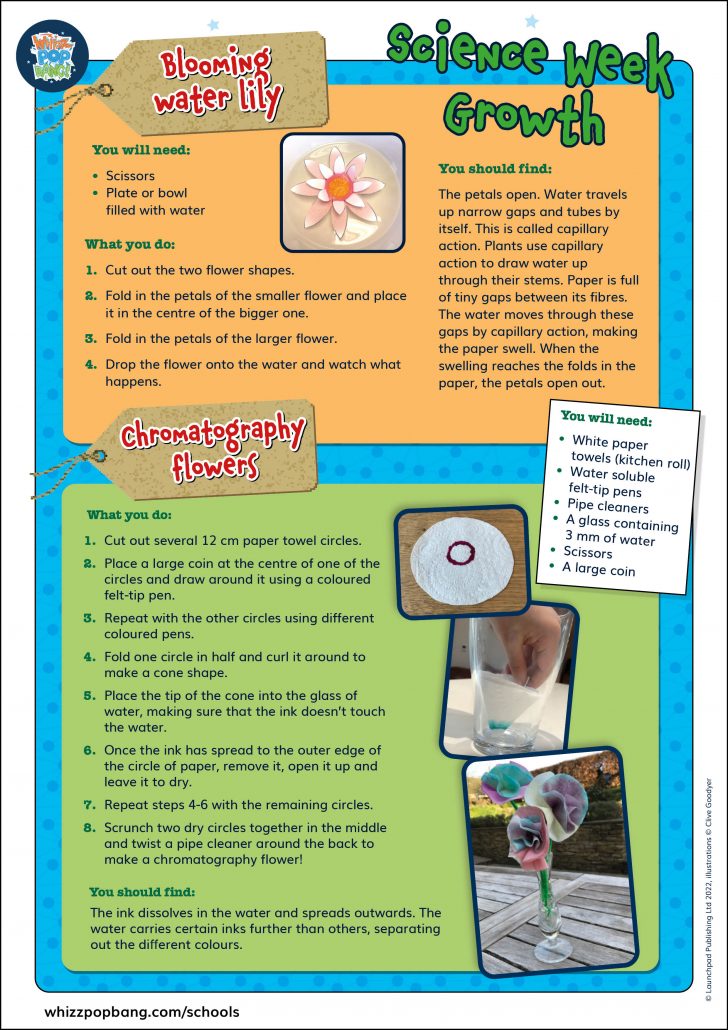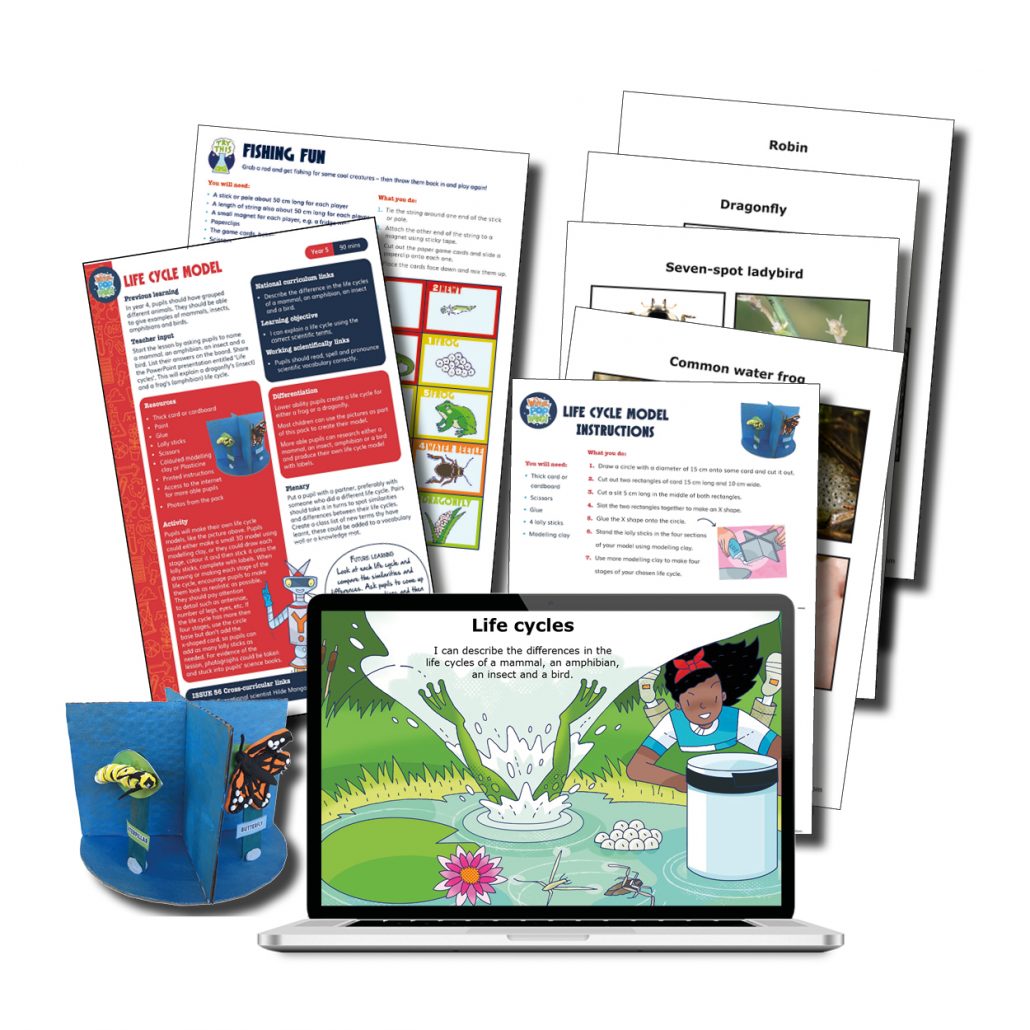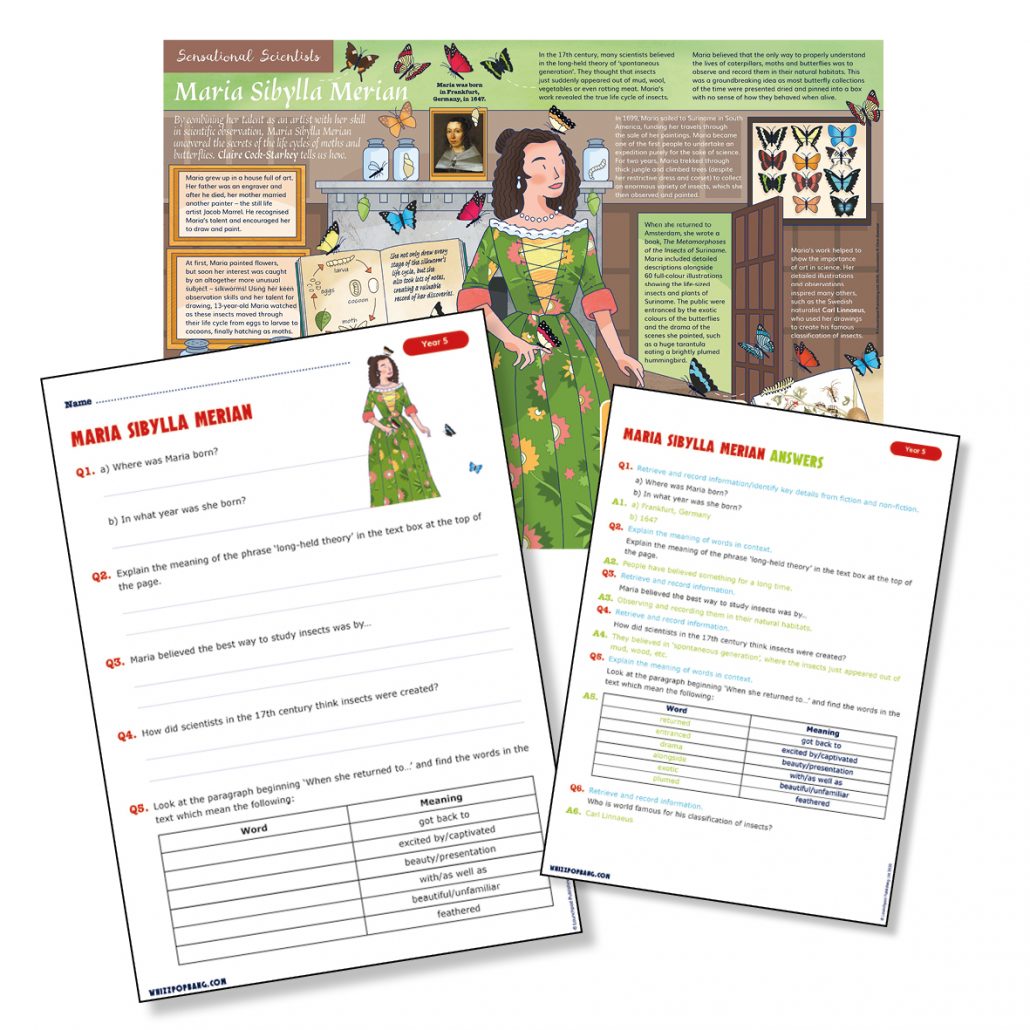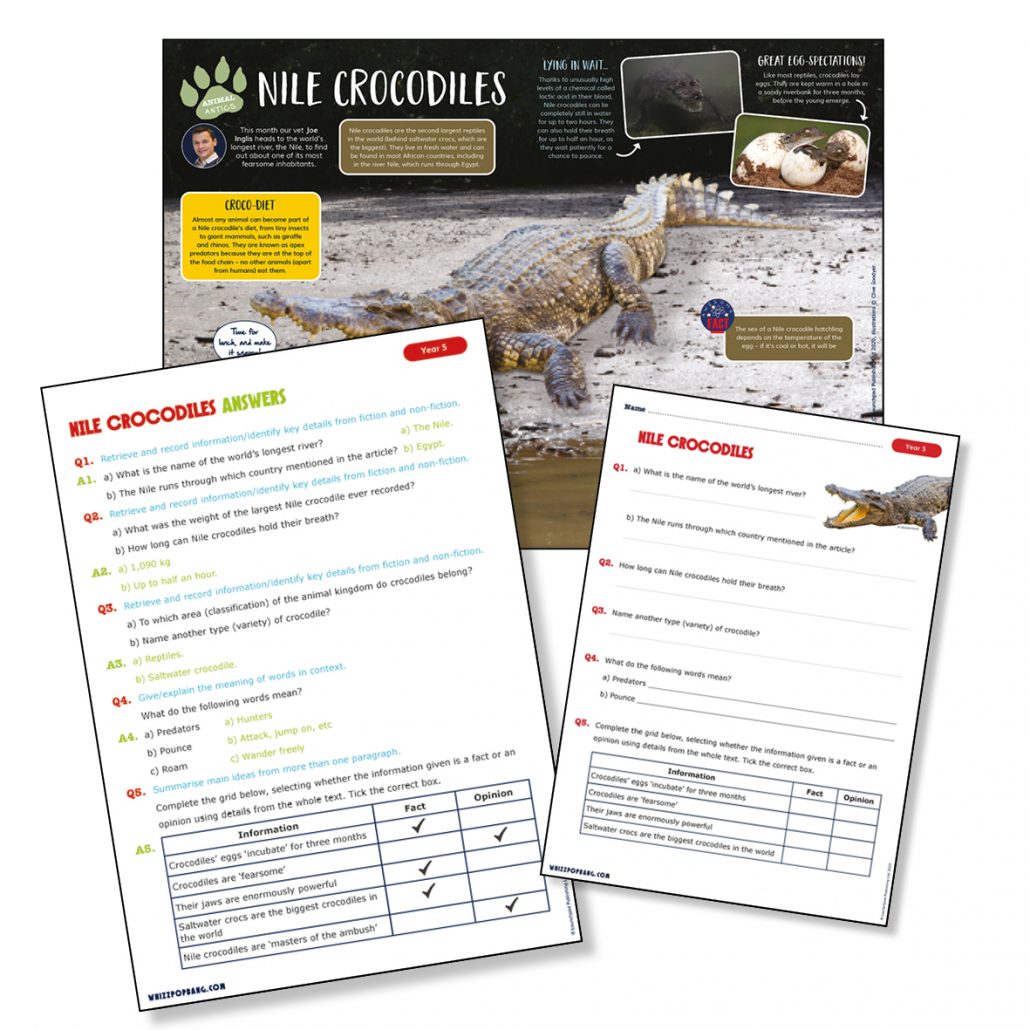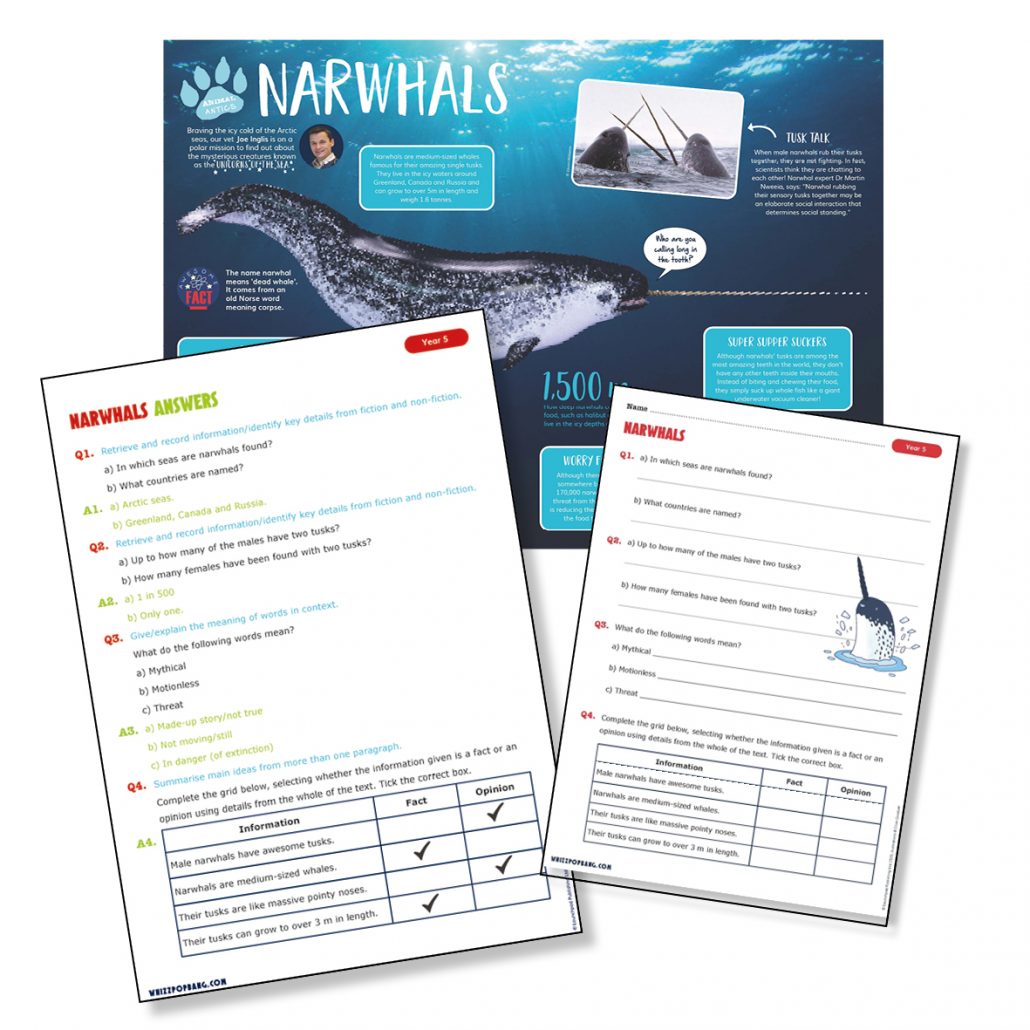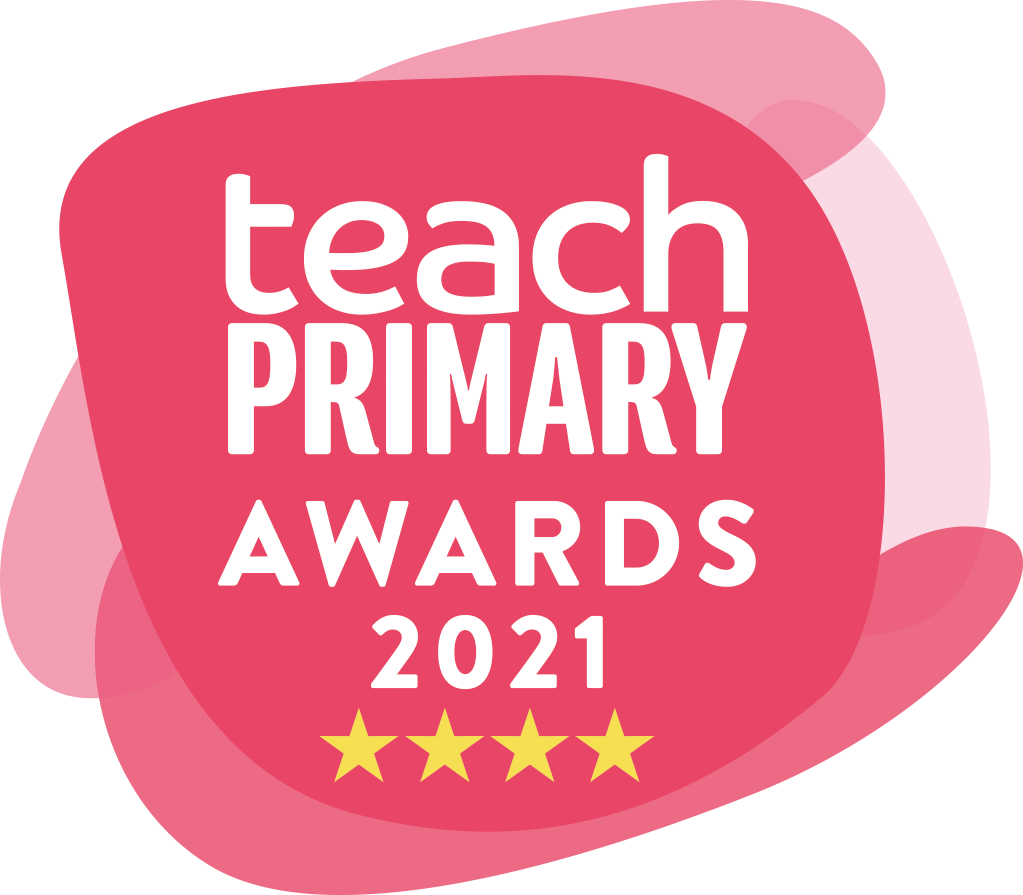Are you looking for planning resources to teach Space in Year 5? Here’s how you can use our downloadable lesson packs to create memorable lessons that produce the sticky knowledge Ofsted will be looking for…
Where to start?
Most children love space, but it is quite an abstract concept as they can’t properly experience it. Before they start investigating and experimenting, it’s important they are armed with the knowledge and vocabulary they need through watching video clips or reading suitable materials, as stated by Ofsted. Once they have this scientific understanding, it’s so important that pupils still have practical hands-on lessons so they can spot what is happening. Our knowledge organiser is a great aid to help them use the correct terminology in practical lessons.
How to sequence your lessons.
We have several lesson packs for teaching about space. When starting the topic, pupils need to know the order of the planets and how far away they are from Earth. In our lesson pack called ‘Make a solar system’, there is a simple paper model for pupils to make.
After they understand how far away the planets are, it is important to move on to the Moon and the Sun. We have a great lesson pack which teaches the phases of the Moon and explains how the Moon orbits Earth. Using our ‘Phases of the moon’ lesson pack, pupils will create their own Moon board that they can poke their head through, pretending to be the Earth.
Pupils should then understand how we get day and night. The Sun stays in the same place, but the Earth and Moon orbit around it and the Earth also rotates. Pupils will make a simple sundial which involves measuring the shadow to see how the Earth has moved position.
Once pupils have a clear understanding, you can then move on to discussing how scientists have found out information about other planets. We have two great lesson packs about looking for signs of life on Mars.
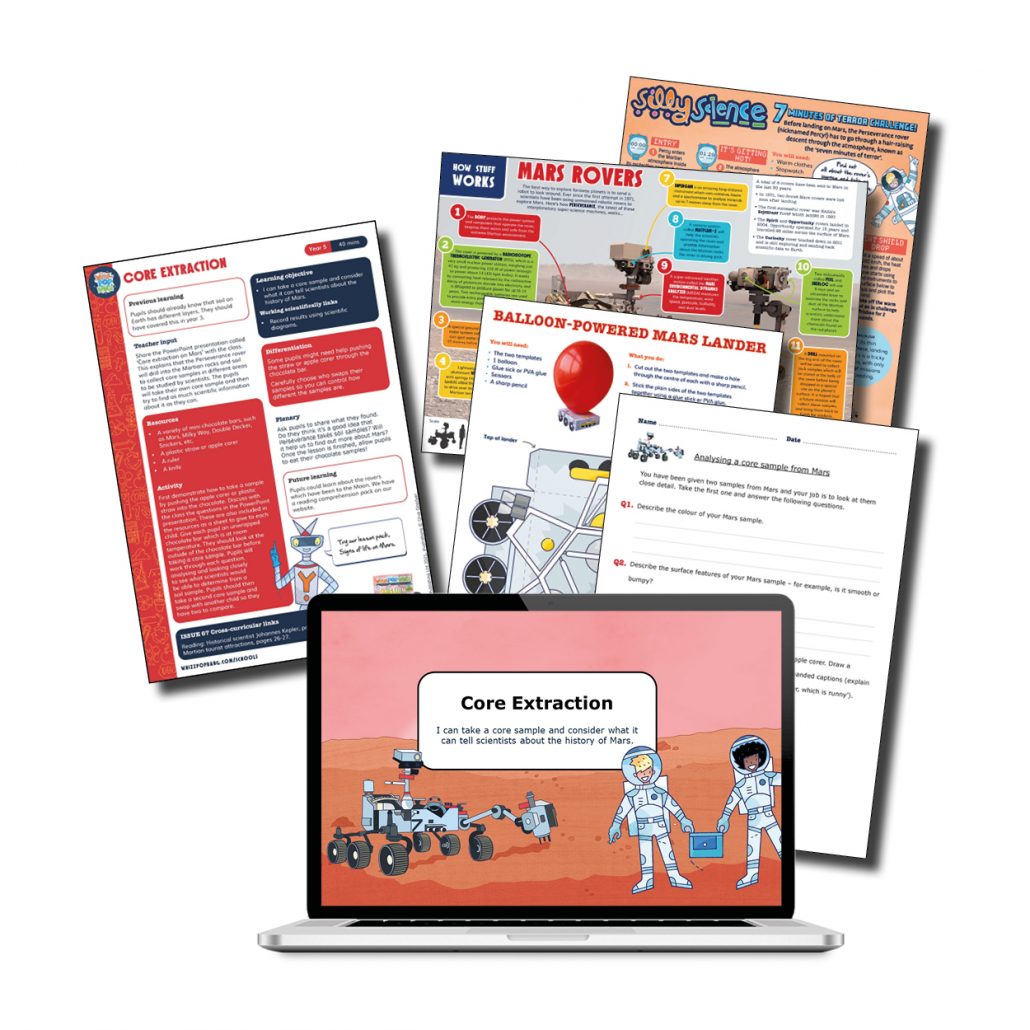
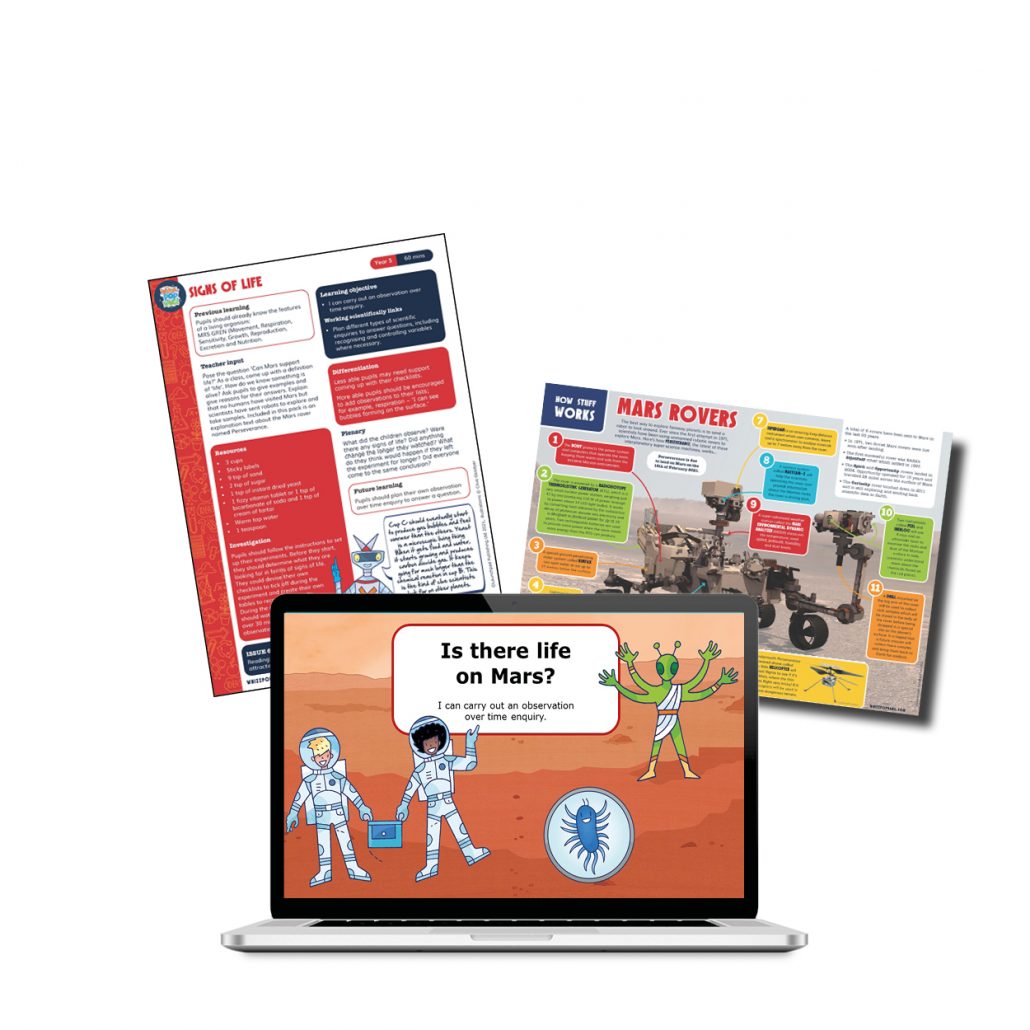
Plus, we have a new lesson pack on what alien life might look like on Ganymede, one of the many moons that orbit Jupiter.
Guided reading
To help consolidate pupils’ learning, adding texts with science content into your reading sessions is a great idea. We have over 20 different reading comprehensions related to space for Year 5. Here are just a few of them:
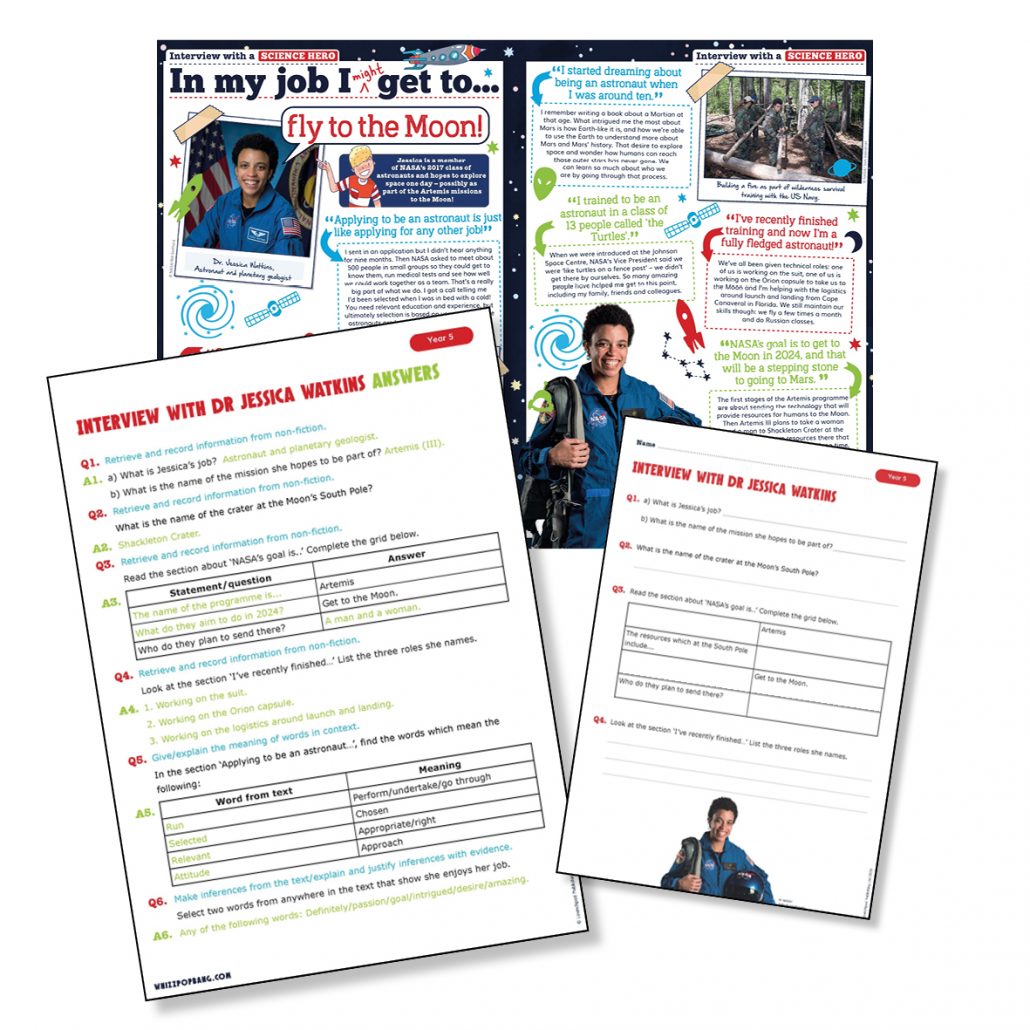
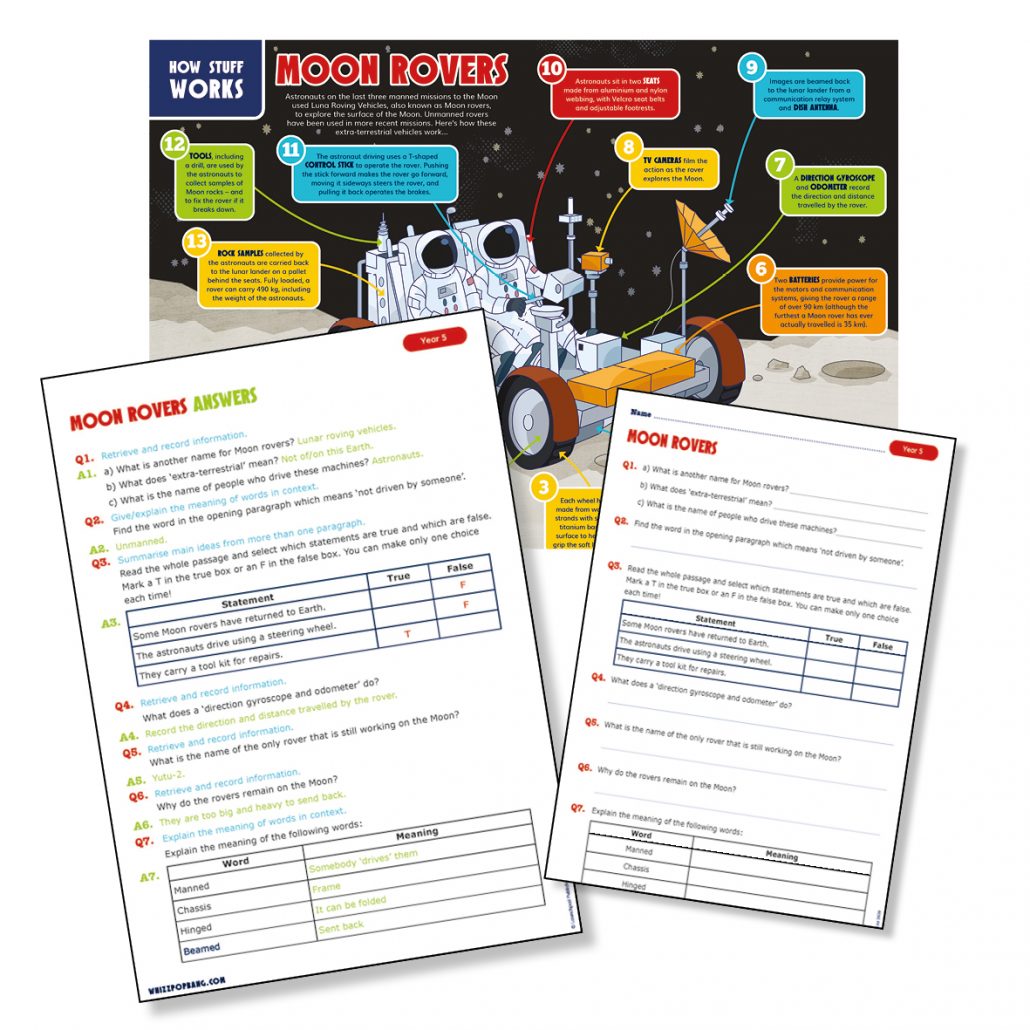
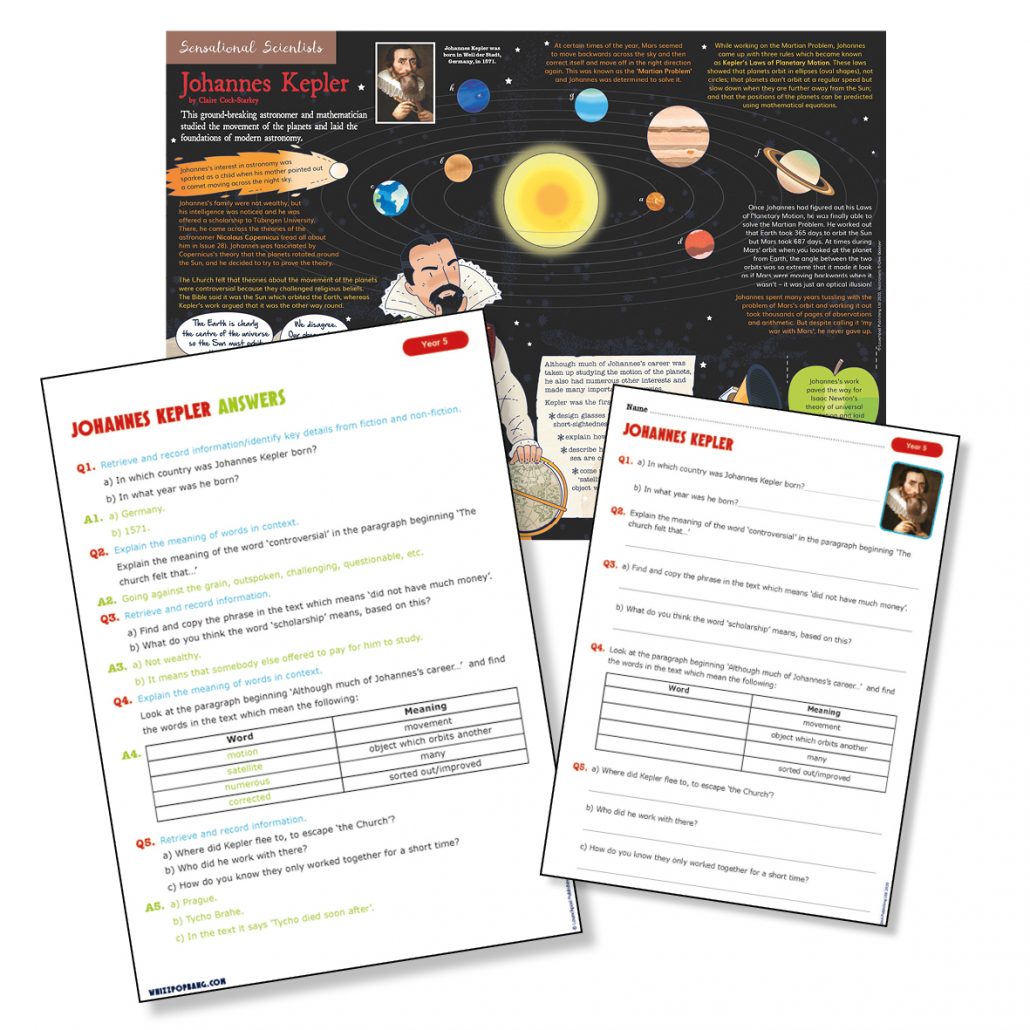
Whizz Pop Bang magazine and teaching resources are brilliant ways to enhance your school’s science teaching:
- We provide downloadable science lesson plans, PowerPoint presentations, hands-on investigations and science reading comprehensions written by primary school teachers.
- Whizz Pop Bang teaching resources link to the National Curriculum, ensuring correct coverage.
- All of our resources are year group specific, ensuring progression between the years.
- We make cross-curricular links to other subjects, such as English, Maths, History, Geography, Art, Design and Technology and PSHE.
Prices from as little as £197.99 per year for a copy of Whizz Pop Bang magazine through the post each month and whole-school access to our ever-growing library of downloadable teaching resources, with unlimited teacher logins.
We’ve also just launched a new individual membership option so teachers and home educators can access all of our amazing downloadable resources for just £20 for the whole year.

